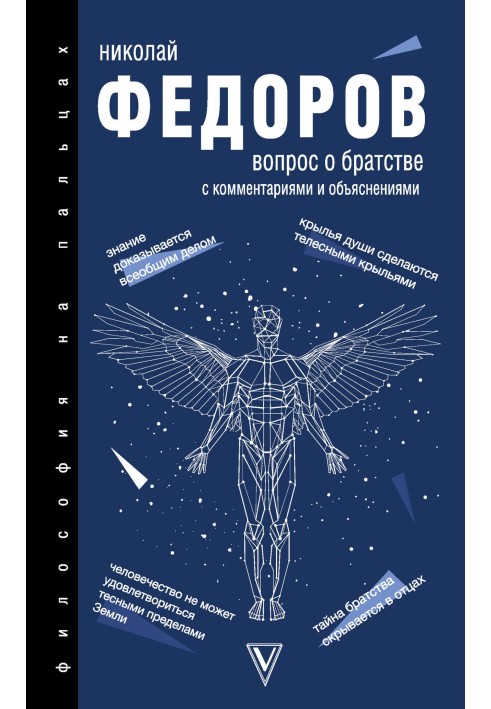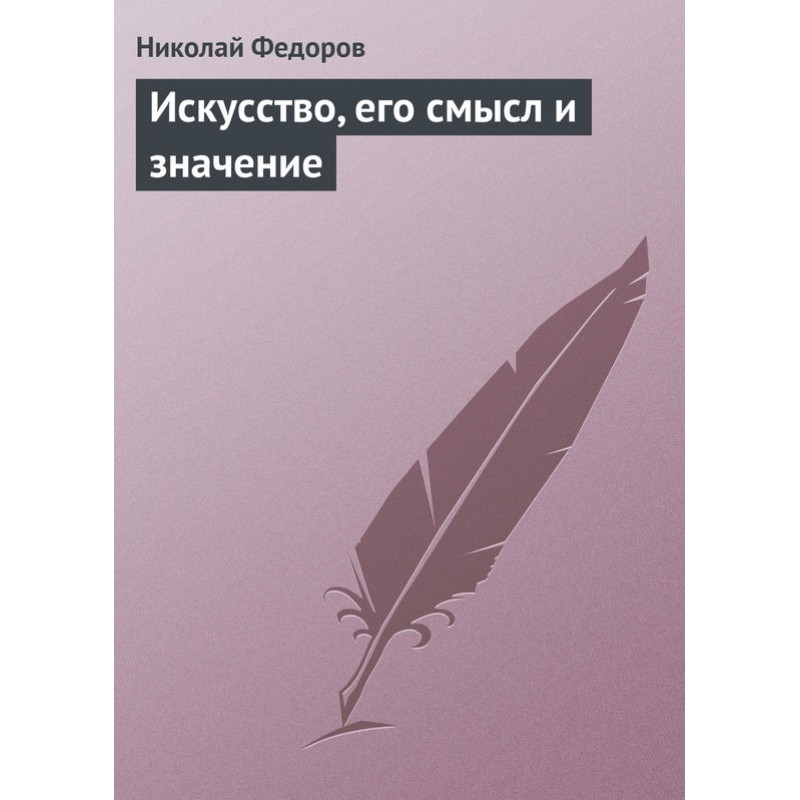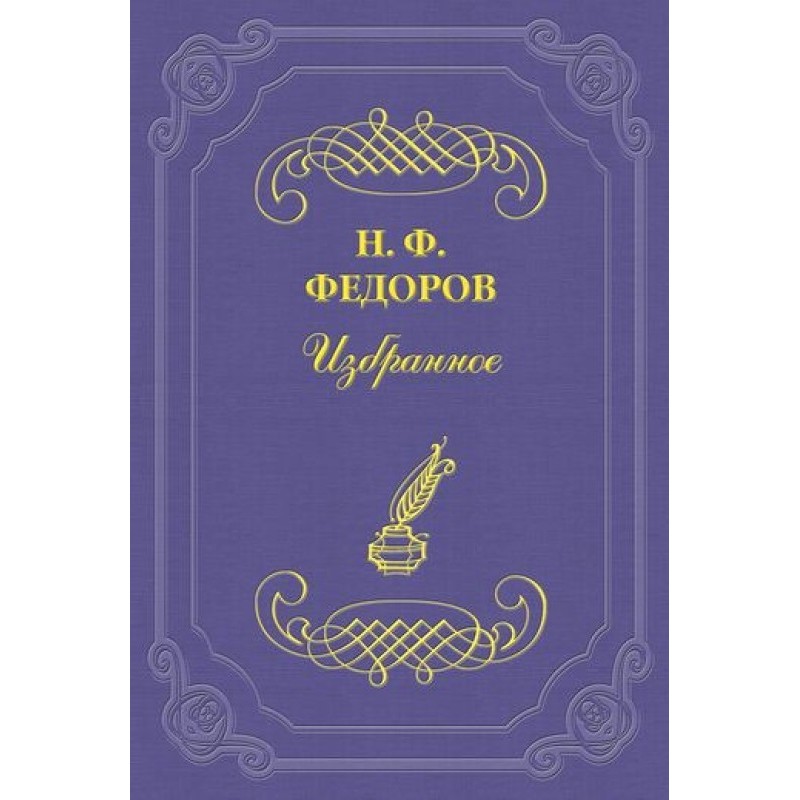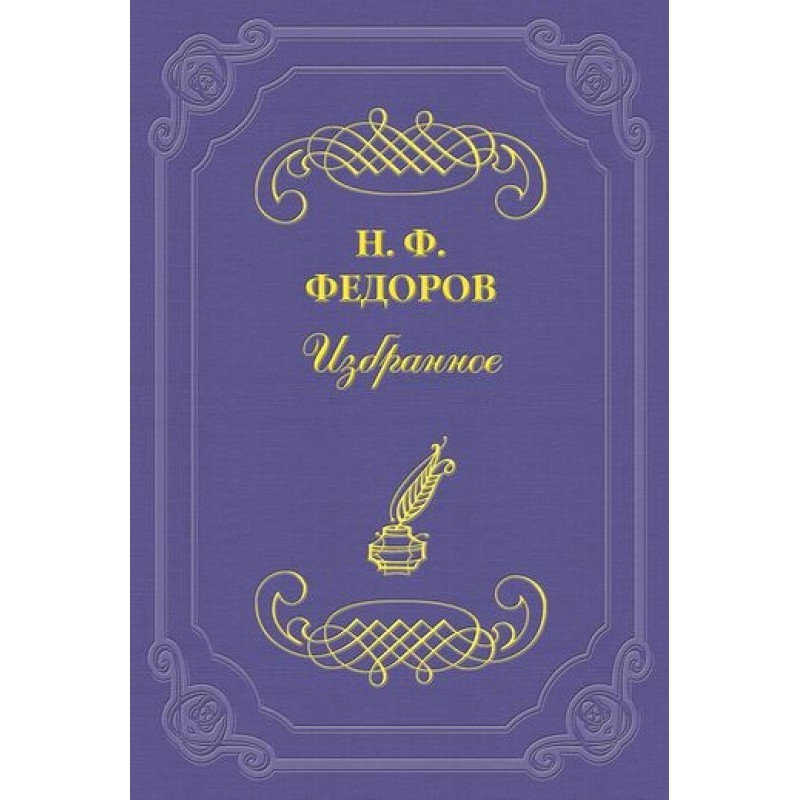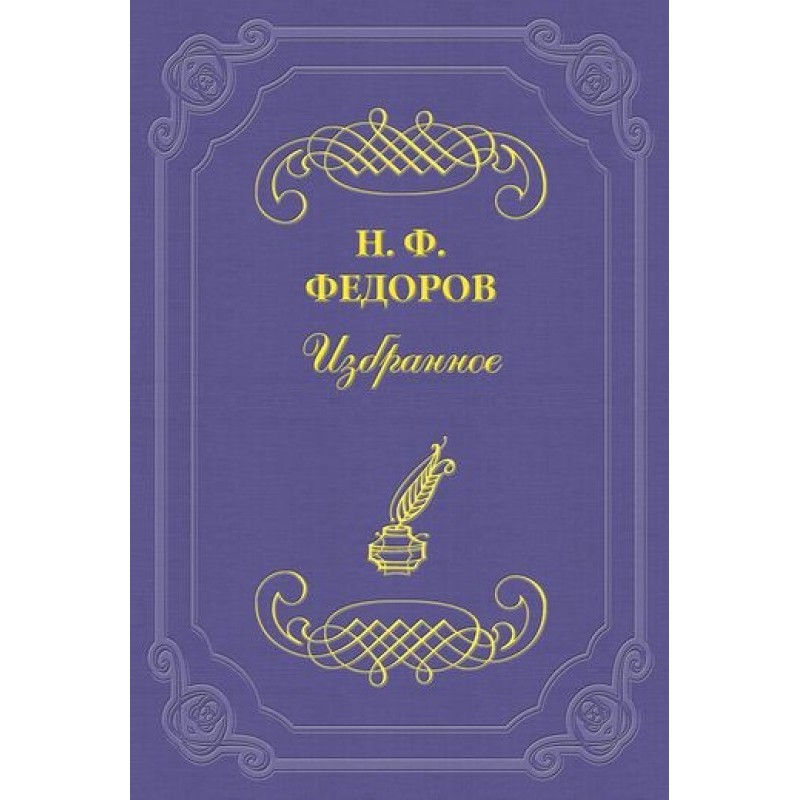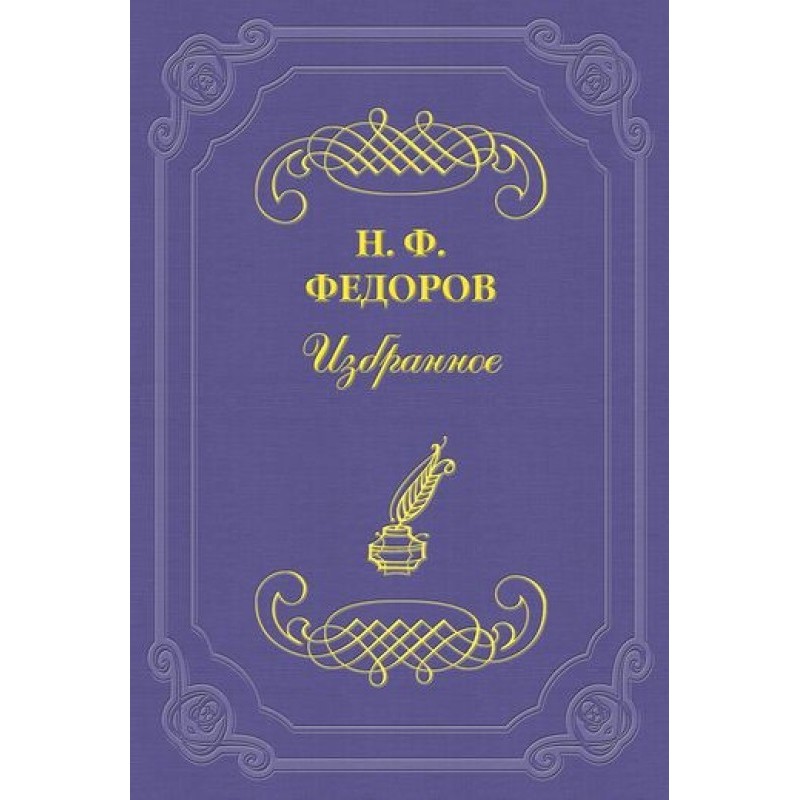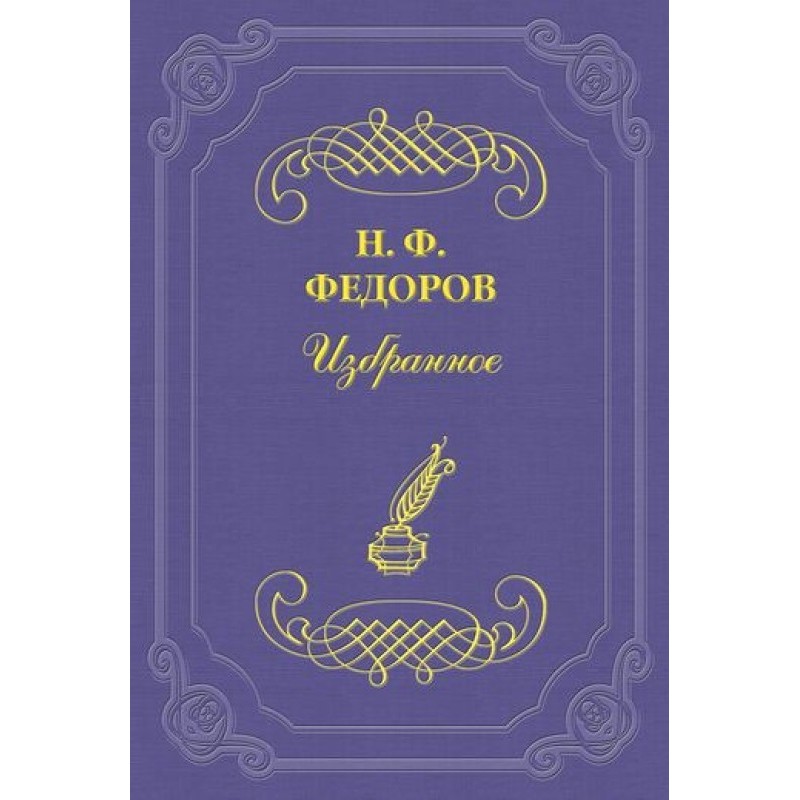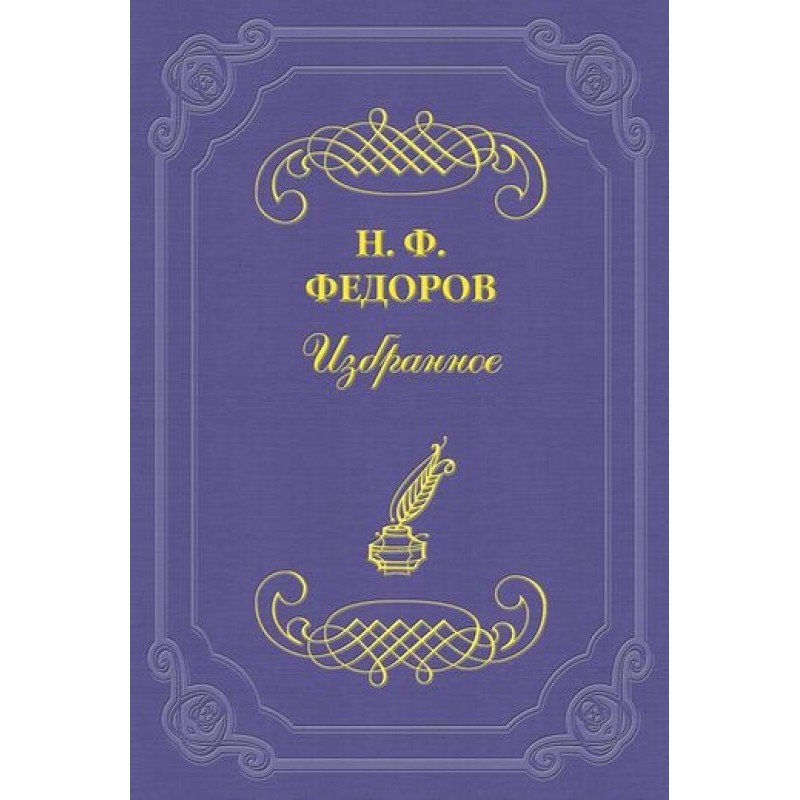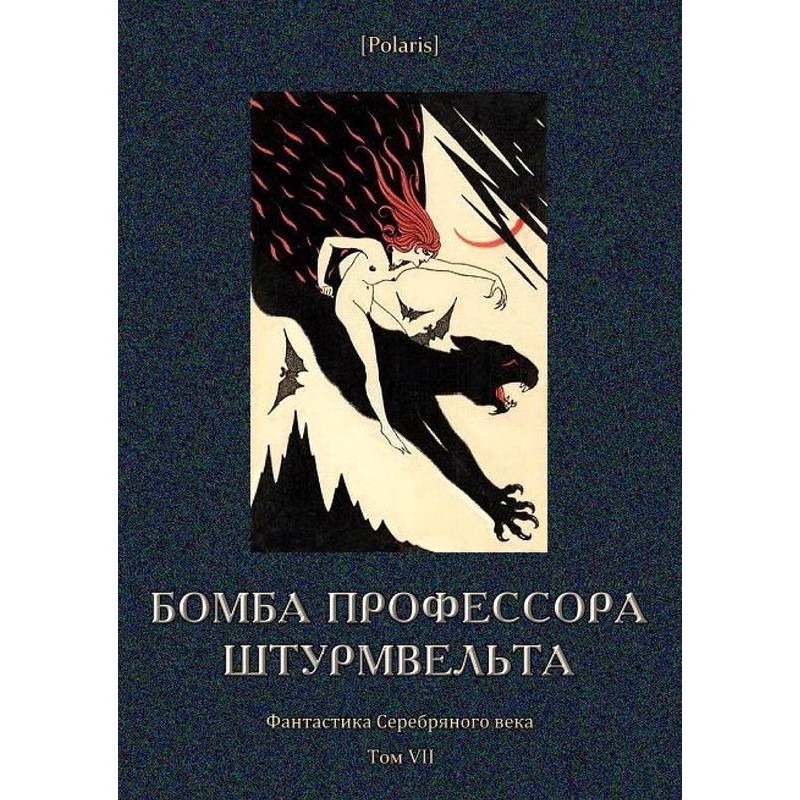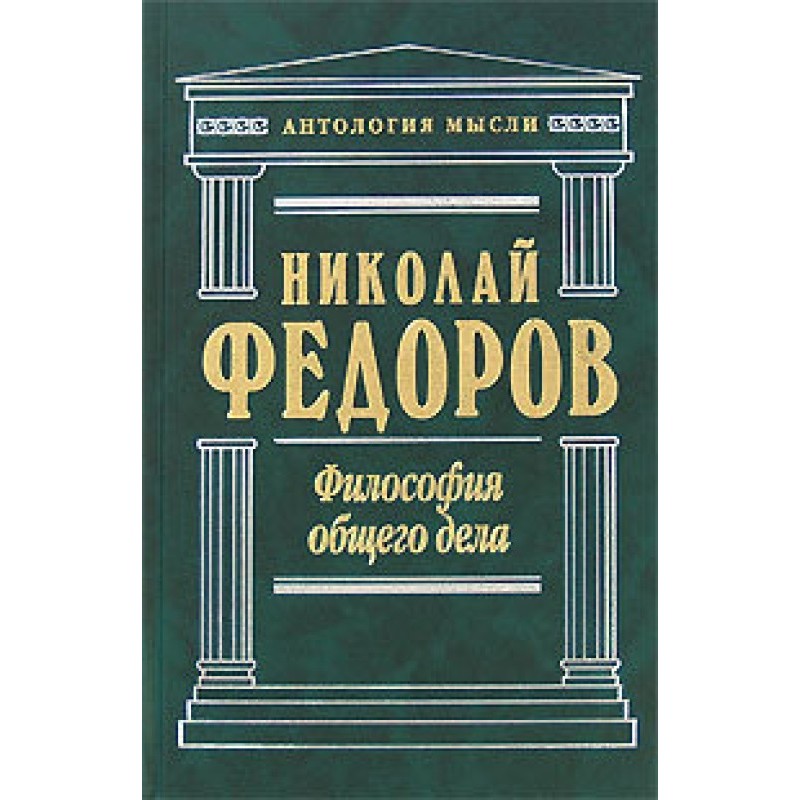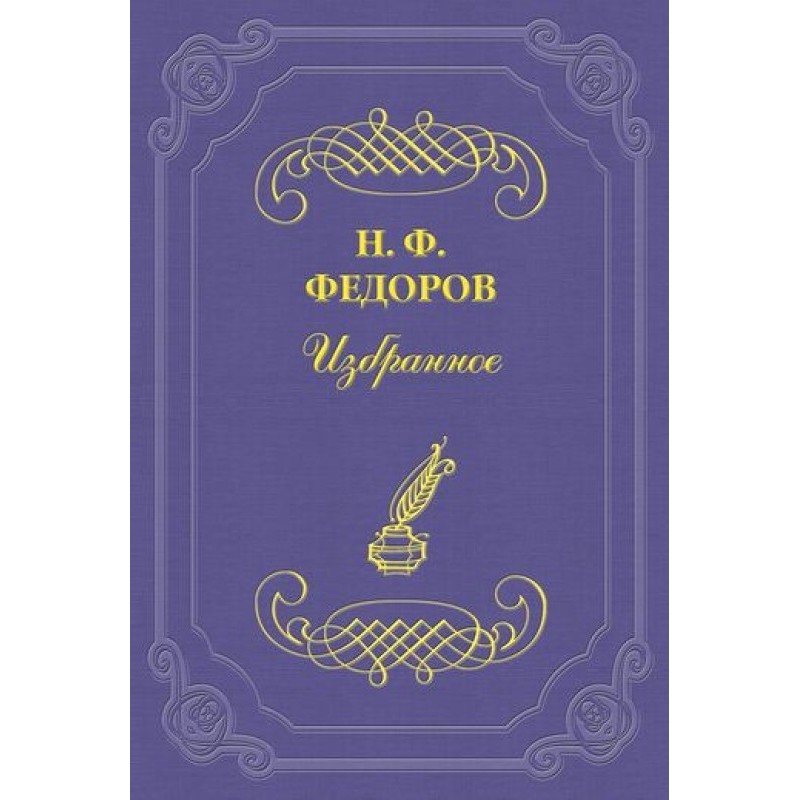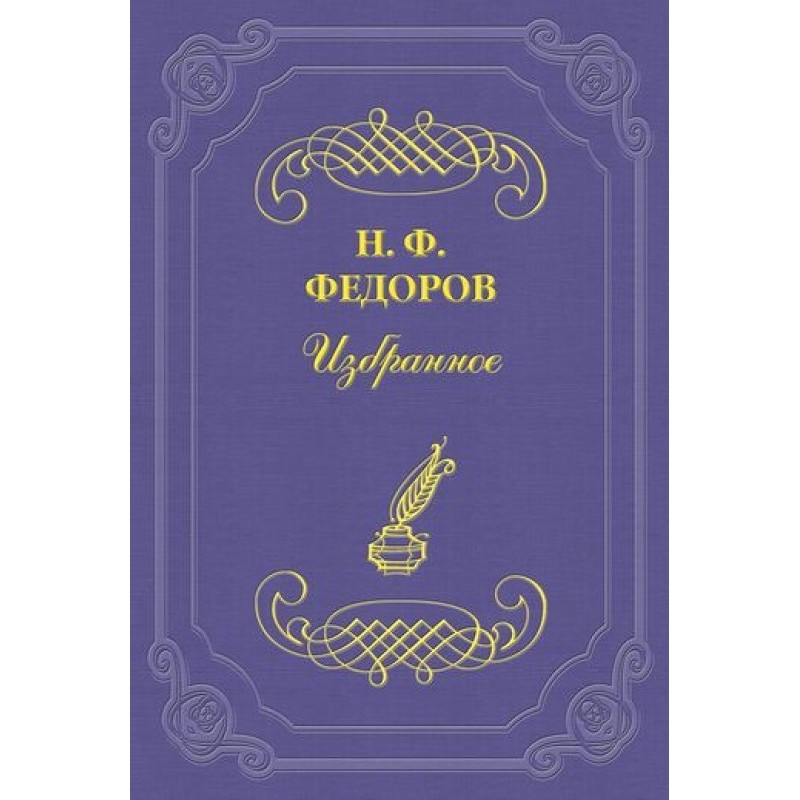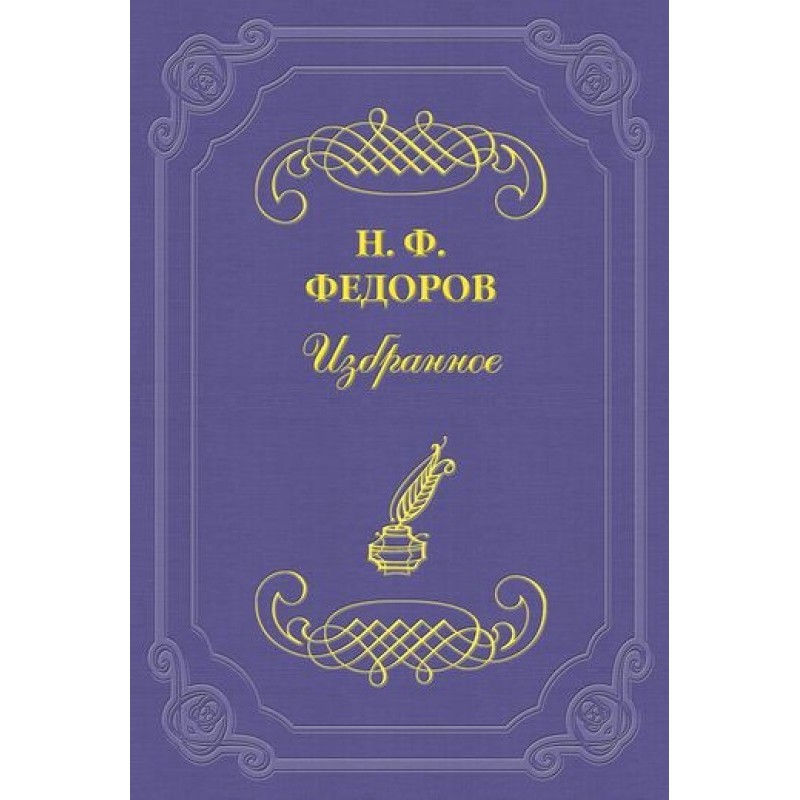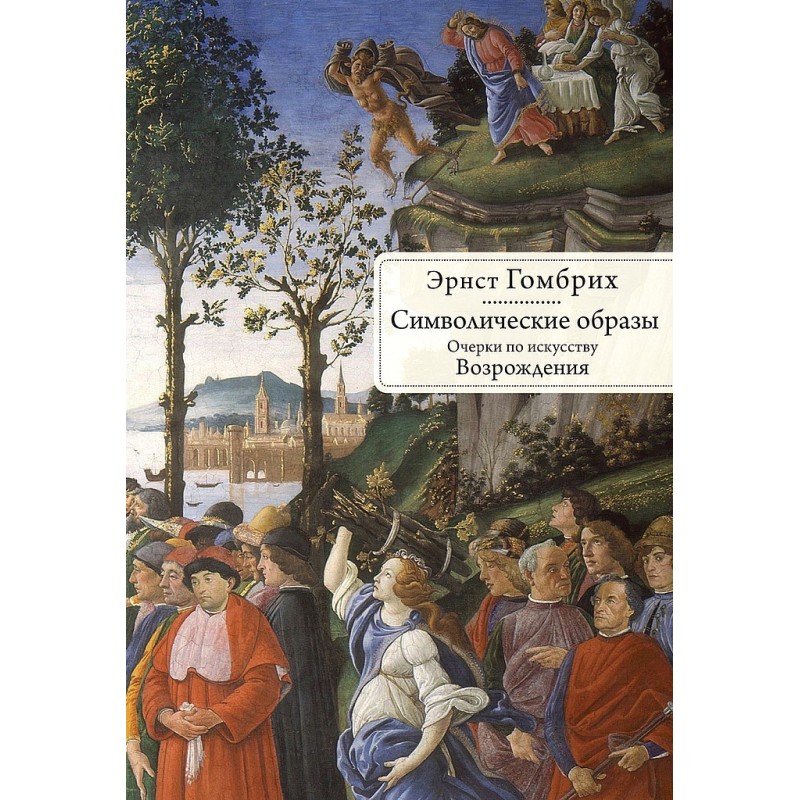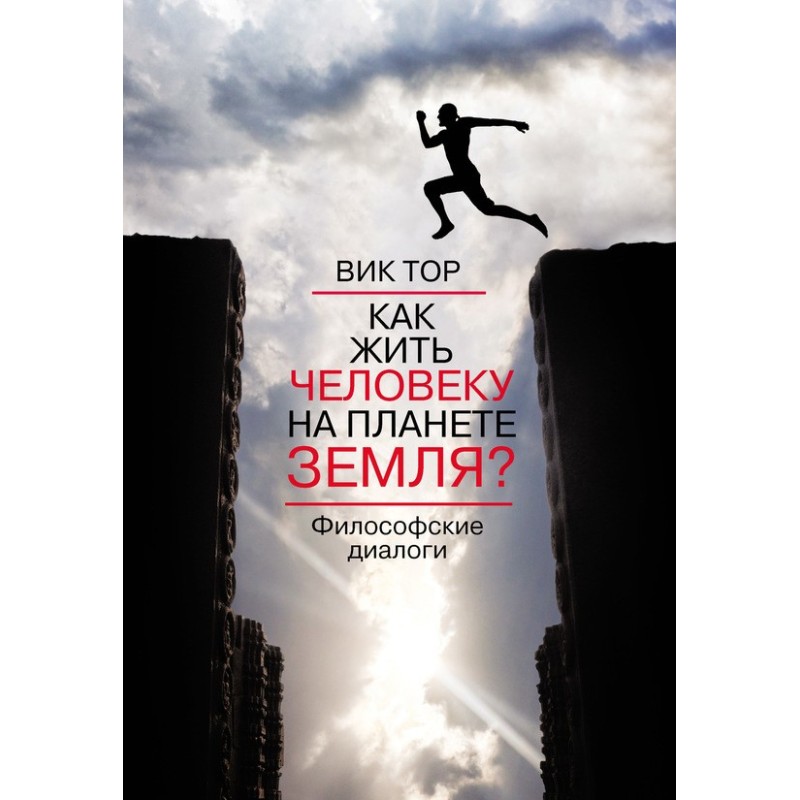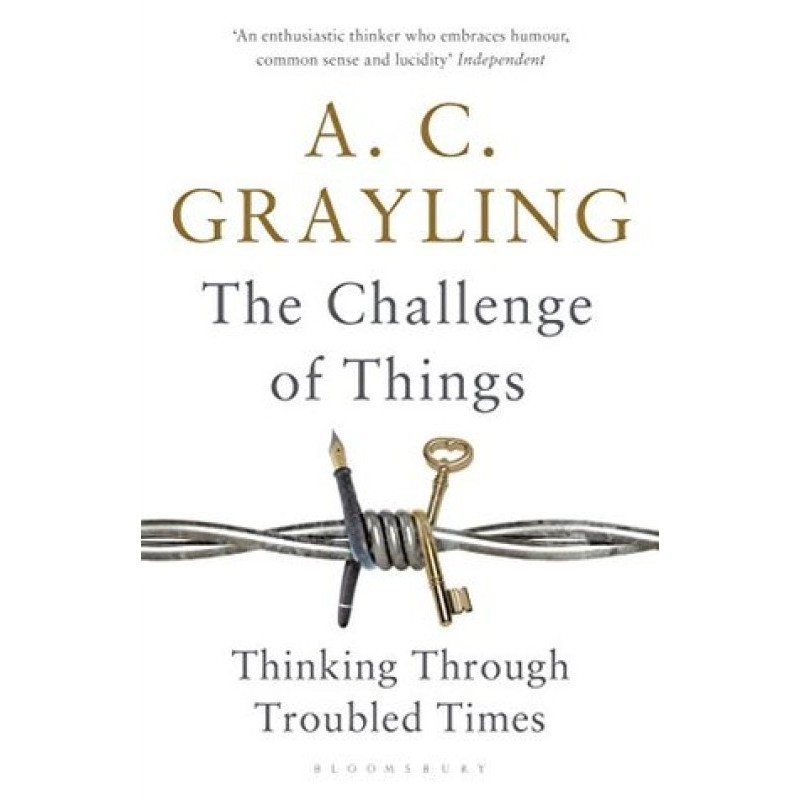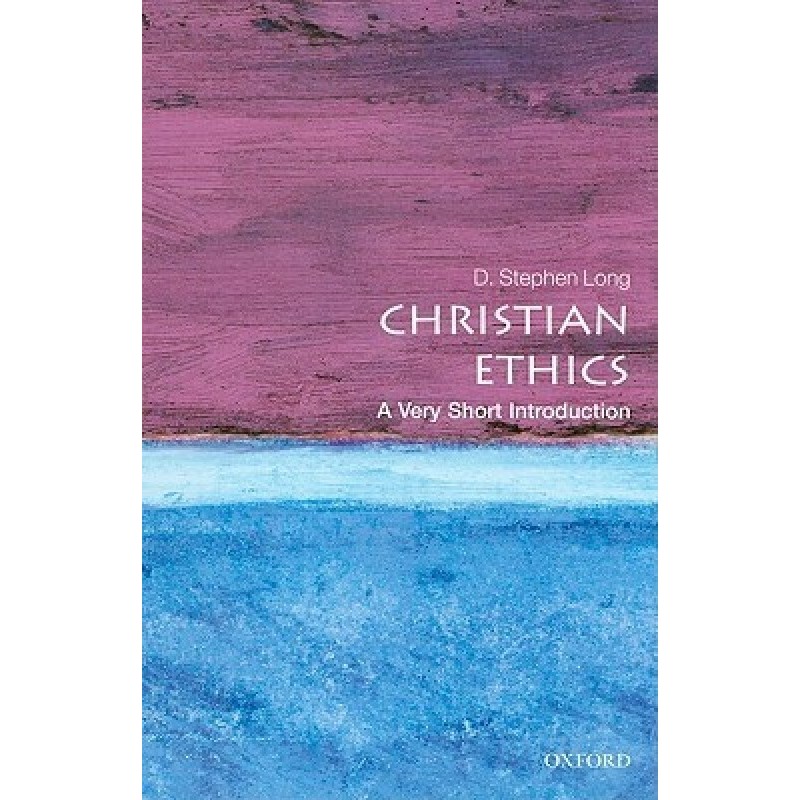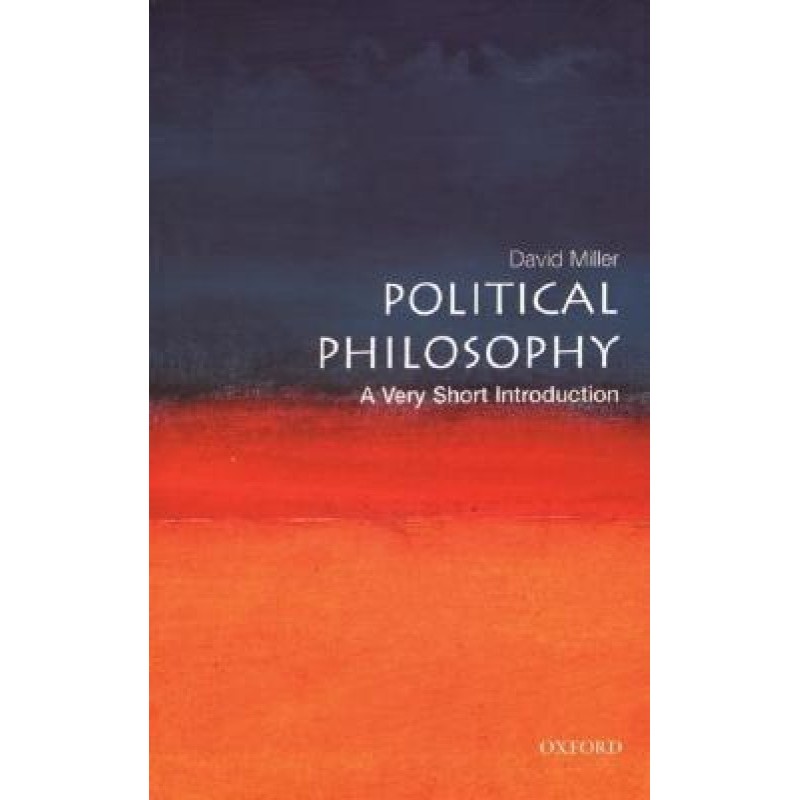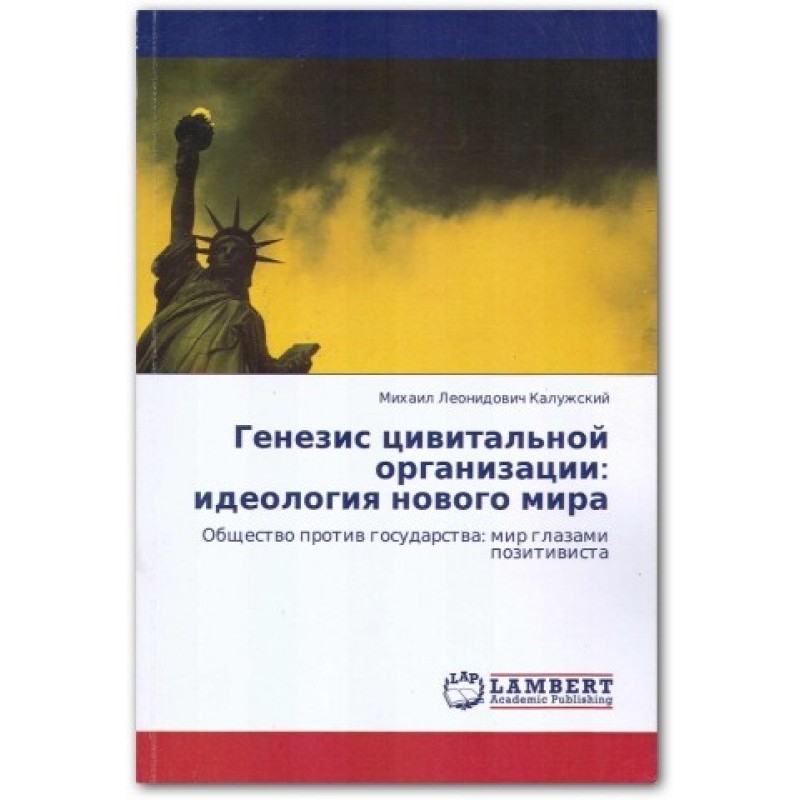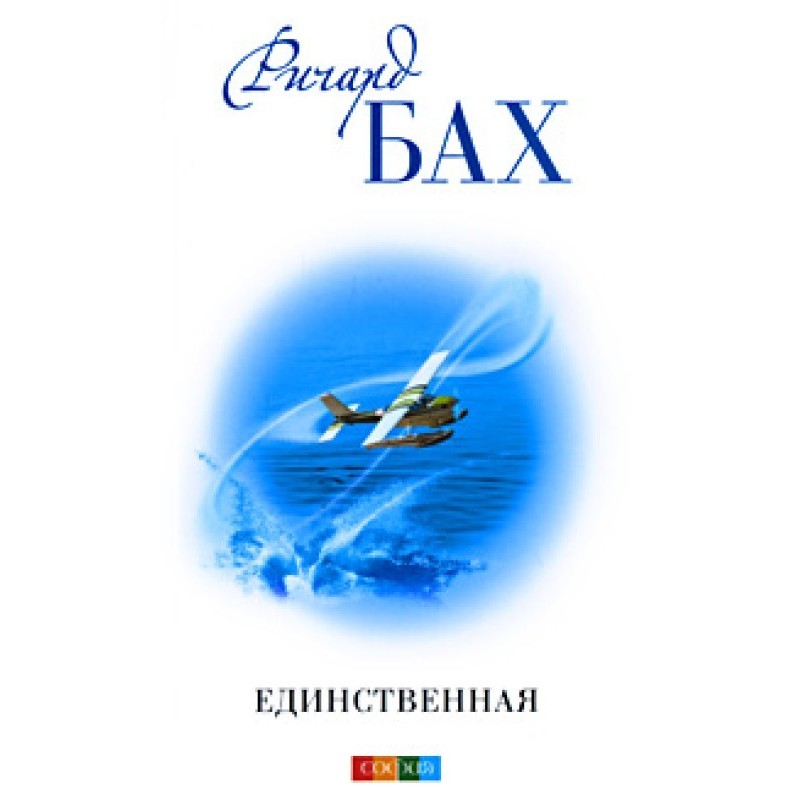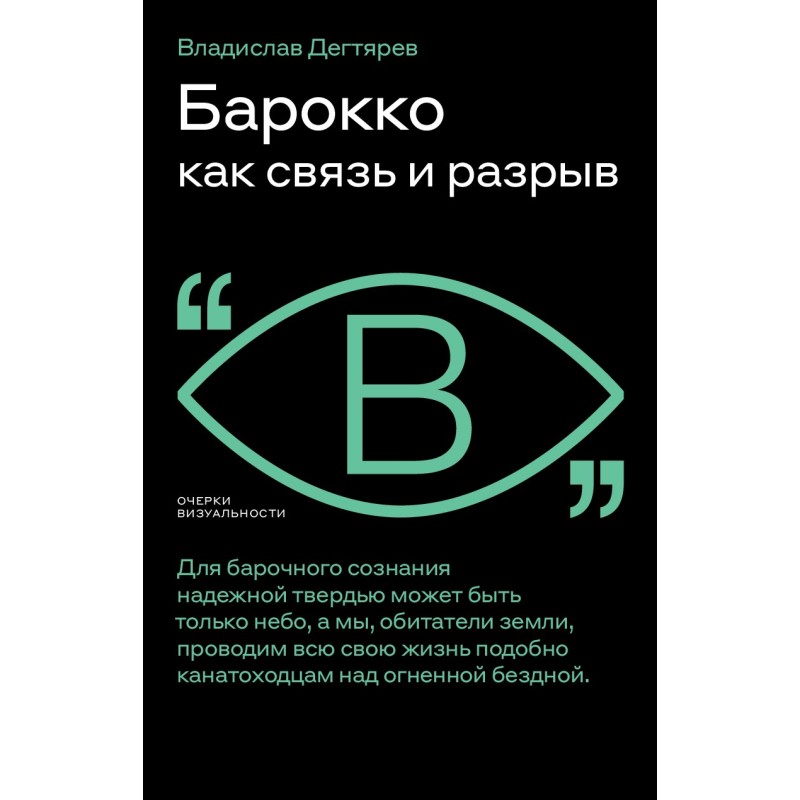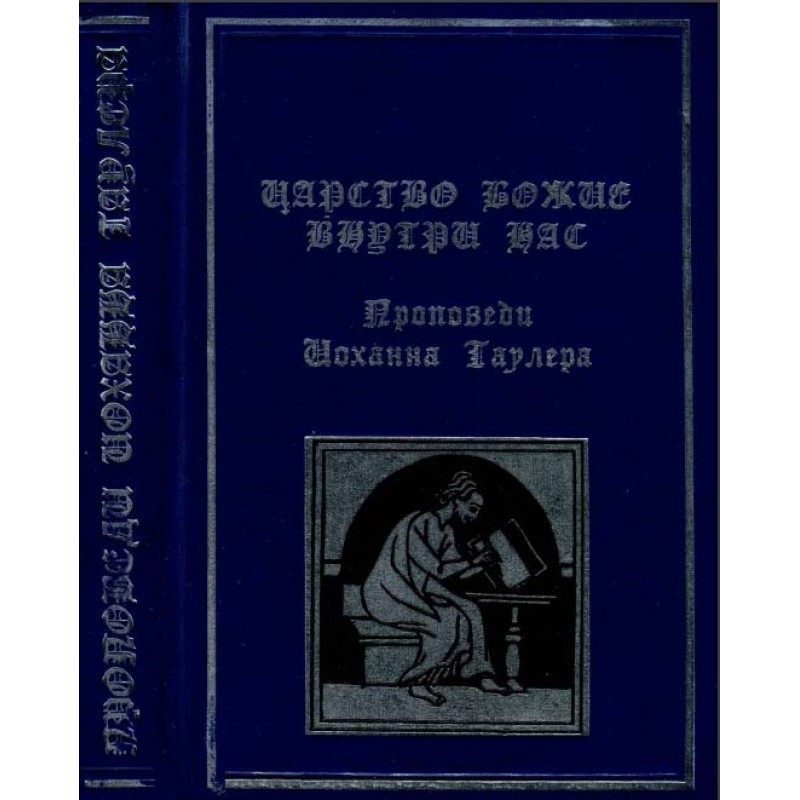Question about brotherhood. With comments and explanations
 Instant download
Instant download
after payment (24/7)
 Wide range of formats
Wide range of formats
(for all gadgets)
 Full book
Full book
(including for Apple and Android)
Nikolai Fedorovich Fedorov is a Russian philosopher, whom his contemporaries admired, and his descendants called “the Moscow Socrates.” He argued that “all philosophy is untenable when it is a thought without action,” he was convinced that the cause of discord between people is death, the basis of culture is resurrective memory, and that humanity will become brotherhood only when it brings back all the dead to life. A futurist philosopher, the founder of the philosophy of Russian cosmism, Fedorov called for a transition from the exploitation of nature to its conscious and creative regulation, to master outer space and make the human body “full-organized” and perfect. The book includes Fedorov’s most famous works—“The Question of Brotherhood and Kinship...” and “Supramoralism,” as well as small articles and notes about man and nature, mortality and immortality, the meaning and purpose of art. The texts are accompanied by comments and explanations by Anastasia Gacheva.
Data sheet
- Name of the Author
- Николай Фёдоров Фёдорович
- Language
- Russian
Reviews
Відкриття нових горизонтів філософії
Книга "Питання братерстві" є справжнім скарбом для тих, хто цікавиться філософськими ідеями та їх практичним застосуванням у житті. Микола Федорович Федоров, відомий як "московський Сократ", пропонує читачеві глибокі роздуми про ворожнечу між людьми, смерть та можливість відродження. Його концепція братерства, заснована на ідеї повернення до життя всіх померлих, викликає багато запитань і спонукає до роздумів про сенс людського існування. Коментарі та пояснення Анастасії Гачової додають цінності текстам Федорова, роблячи їх більш зрозумілими та доступними для сучасного читача. Книга не лише знайомить з основами російського космізму, але й закликає до свідомого ставлення до природи та космосу. Я рекомендую цю книгу всім, хто прагне розширити свої горизонти мислення і зрозуміти глибші аспекти людського буття.

